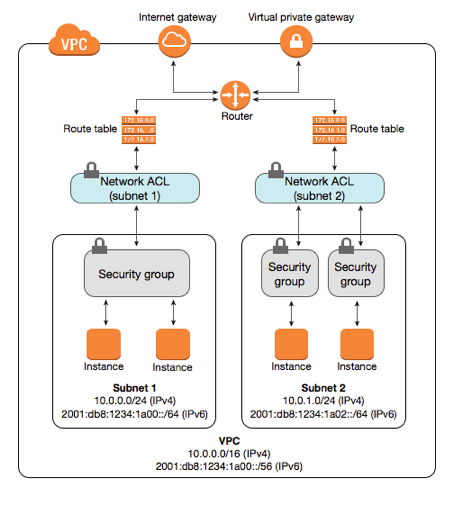Public cloud computing is a service that can be accessed over the internet. It provides resources, on a shared basis, for hosting applications and data on distributed computing resources. Cloud providers host a pool of services for computer servers, storages, networks, application platforms and software services that are assigned to customers based on their needs. Cloud providers take responsibility of managing computing resources so that customers can concentrate on building applications or services quickly. AWS is the biggest public cloud service provider.
AWS provides most of the networking services that we are going to explore for free. It also lets customers experiment with some of the other services for free at a lower scale. We need to have an account and the required permissions in AWS to execute the recipes provided throughout this book. Creating some of the services may cost some money, so please look into the AWS pricing page (https://aws.amazon.com/pricing/services/) for different services and understand the cost impact that execution of some recipes will have.














































































